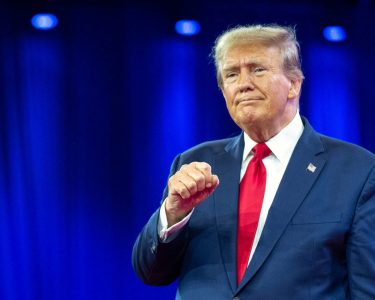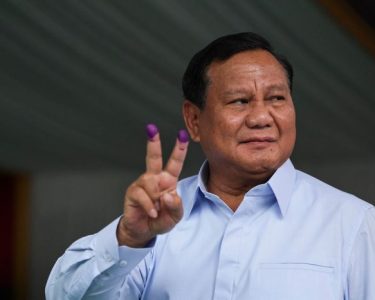The United States has long been a major player in global politics, wielding significant influence on the world stage through its economic, military, and diplomatic power. From shaping international institutions and alliances to engaging in military interventions and trade negotiations, the US has played a pivotal role in shaping the global landscape. However, recent years have seen a shift in the country’s approach to international relations, raising questions about the future of US leadership in global politics.
One of the key ways in which the US has exerted its influence on the world stage is through its role in international institutions such as the United Nations, the World Trade Organization, and NATO. These institutions provide a platform for countries to come together and address global challenges, from climate change to international security. The US has traditionally played a leading role in many of these institutions, but recent years have seen the country adopt a more isolationist stance, with the Trump administration pulling out of several international agreements and criticizing institutions such as the World Health Organization and the International Criminal Court.
Another key aspect of US global leadership has been its military power. The US has the world’s largest military budget and maintains a vast network of military bases around the world. The country has been involved in numerous military interventions over the years, from the Gulf War to the War on Terror. However, there is growing concern among some experts that the US is over-reliant on military power, and that its interventions have often had unintended consequences, such as exacerbating conflict and instability in the countries it has intervened in.
In addition to its military power, the US is also a major economic force, with the world’s largest economy and significant influence in global trade. The country has traditionally championed free trade and globalization, but recent years have seen a shift towards protectionism and trade wars, with the Trump administration imposing tariffs on a range of goods and engaging in negotiations to rewrite trade agreements such as NAFTA.
Despite these challenges, the US remains a major player in global politics, and there is still significant interest in the country’s leadership on the world stage. The Biden administration has signaled a more collaborative approach to international relations, with a focus on re-engaging with international institutions and strengthening alliances with key partners. The administration has also prioritized issues such as climate change and pandemic response, recognizing that these are global challenges that require international cooperation to address.
However, the future of US leadership in global politics remains uncertain. The country is facing significant domestic challenges, from political polarization to economic inequality, that could undermine its ability to play a leading role in the international arena. In addition, the rise of China and other emerging powers is shifting the balance of global power, raising questions about the future of US dominance.
Despite these challenges, the US remains a key player in global politics, with significant influence on the world stage. The country’s role in shaping international institutions, engaging in military interventions, and promoting free trade and globalization has had far-reaching implications for the global landscape. The future of US leadership in global politics will depend on a range of factors, from domestic politics to global trends, but one thing is certain: the US will continue to play a pivotal role in shaping the world for years to come.




